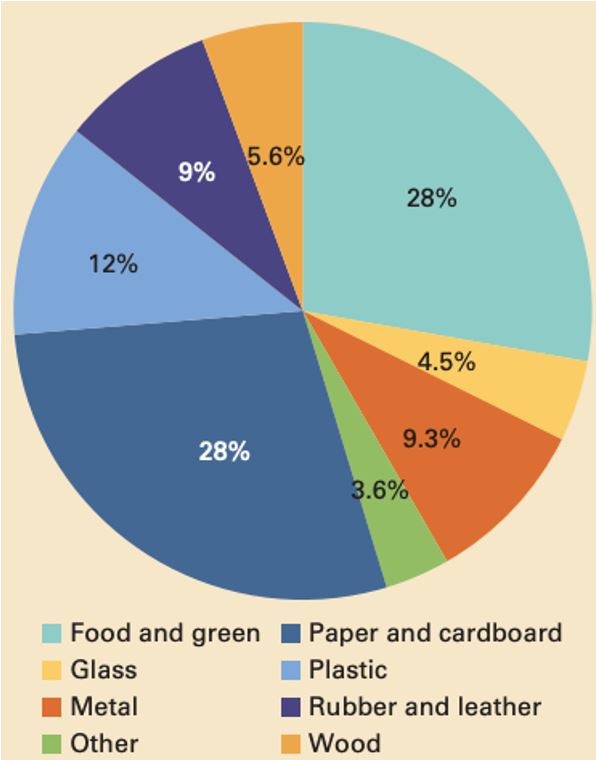Achieve sustainability of paper and plastic at home
Have you ever wondered how much waste you produce every day? For example, getting your morning coffee can cause the disposal of at least 240 paper cups a year! This may not seem as much, but when you add the numbers it can cause big issues such as incredible amounts of plastic in our oceans! A zero-waste mindset is a very important step to achieve our sustainability, that is why we want to give you some data about our waste management and disposal systems.
- America produces the highest average amount of waste per capita: 2.24 kilograms per day.
- Also, by 2018, North America generated 14 percent of the world’s waste, at 289 million tonnes and will rise to 342 million by the next decade.
- 28% of the waste we produce is food and greens, while the next 28% is paper and cardboard, which, by the way, are materials that can be composted and return to earth as a natural fertilizer.
- 12% of our waste is plastic!
- Only one-third of waste is recycled and about 12 percent is incinerated with an energy recovery process.
- The current waste management systems allow over half of the waste to be disposed of in sanitary landfills and less than 1 percent is composted!
However, don’t let these numbers discourage you! Actually, America’s waste management and disposal systems tend to be advanced relative to global trends; and these systems generally operate in an environmentally sound manner, serve nearly all citizens, and enjoy more consistent financial stability than systems in other countries. Nonetheless, we could improve the way we dispose of certain materials and reduce the waste that ends up in landfills.
Making a difference
With our systems, we could achieve a sound zero waste, cradle to cradle, management and reduce plastic pollution and more! We could make a huge difference if we encourage our local disposing systems to divert more products to composting and recycling facilities instead of landfills. You can start by making sure those morning coffee cups are certified compostable and placing them in recycling or composting bins in your local store. You can also re-use plastic containers and sort your food waste so a composting company picks it up.



